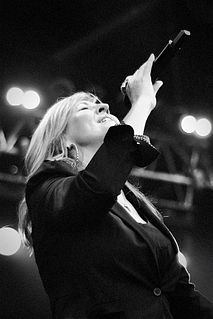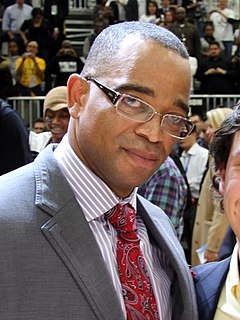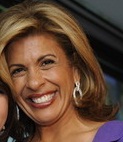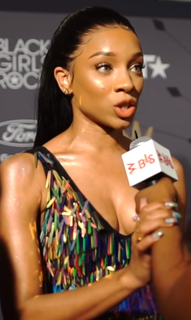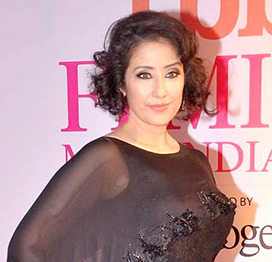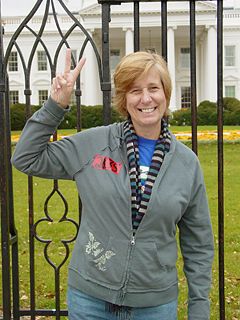A Quote by Darlene Zschech
Related Quotes
When they told me I had cancer - a very rare form called appendiceal cancer - I was shocked. But I went straight into battle mode. Every morning, I'd wake up and have an internal conversation with cancer. 'All right, dude,' I'd tell it, 'go ahead and hit me. But I'm going to hit you back even harder.'
Cancer didn't have to be permanent; in my case, I'm lucky that my cancer is curable, but infertility was. And it was the first time I realized that cancer wasn't just something seasonal; it wasn't something that was going to pass with the summer. It was something that was going to change my life forever.
They didn't tell me what type of cancer I had. They didn't tell me what stage I was in. They just told me, 'Mr Gomez, you have cancer.' My life flashed before my eyes. I thought about my kids, I thought about my wife. Nothing prepares you for the shock of someone telling you you have that horrible disease.
I'm just confused. I can't read your signals. One moment you're hot, the next you're cold. You tell me you want me, you tell me you don't. If you picked one, that'd be fine, but you keep making me think one thing and then you end up going in a completely different direction. Not just now—all the time.
Humor has the tendency to be funny once. If I tell you a joke, we're going to have a big laugh. But the second time I tell the joke, it's going to be a bit strange, and the third time you're going to ask if there's something wrong with me. So I am very cautious with jokes, but there is a lightness in my work.
